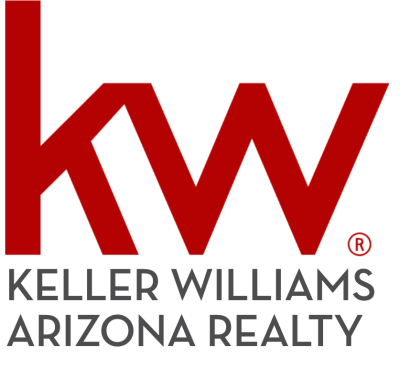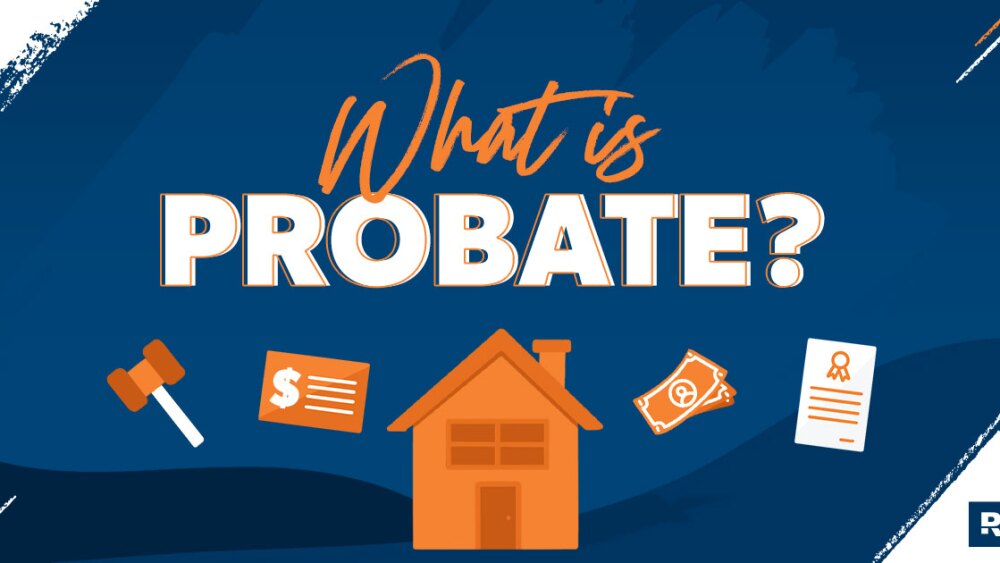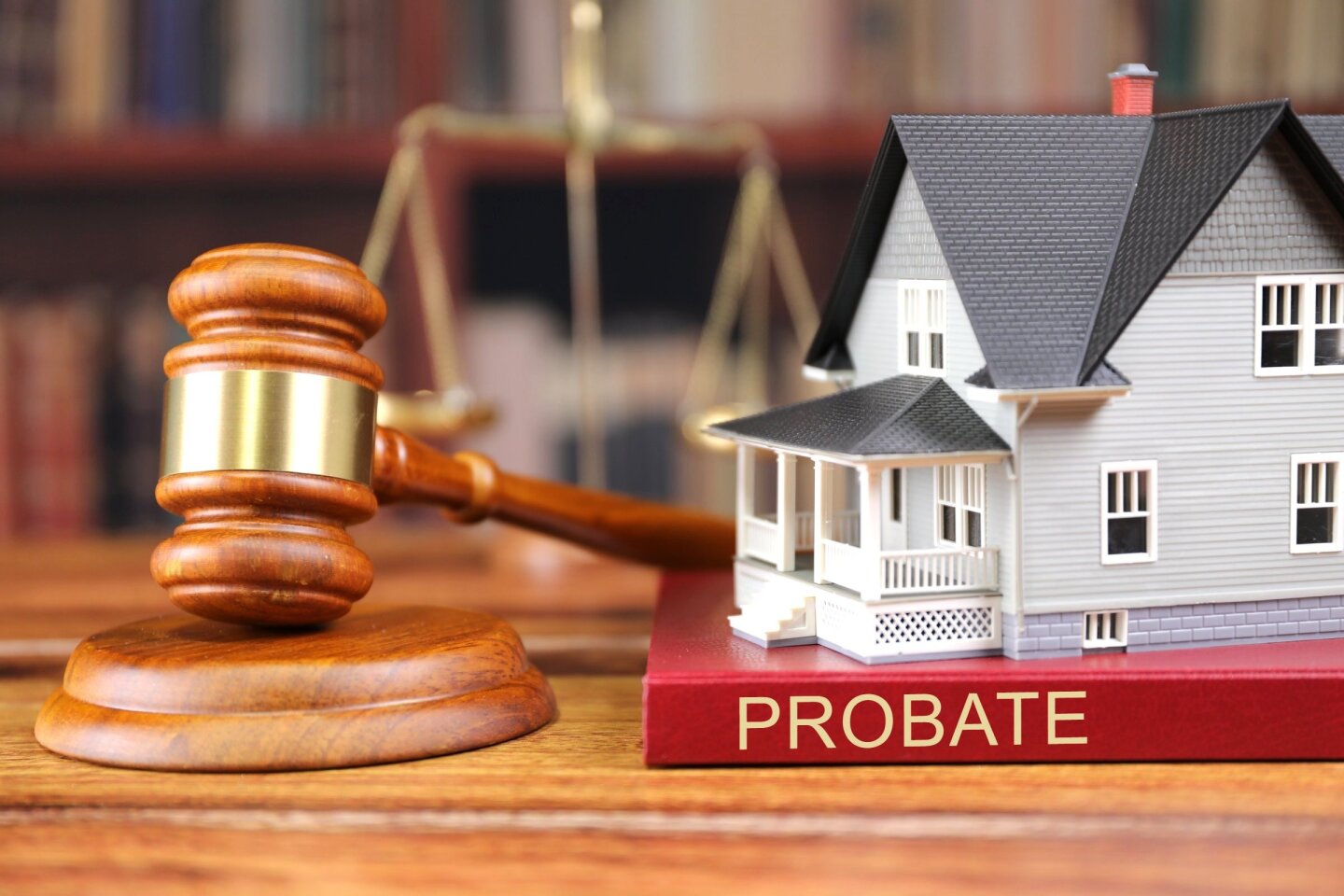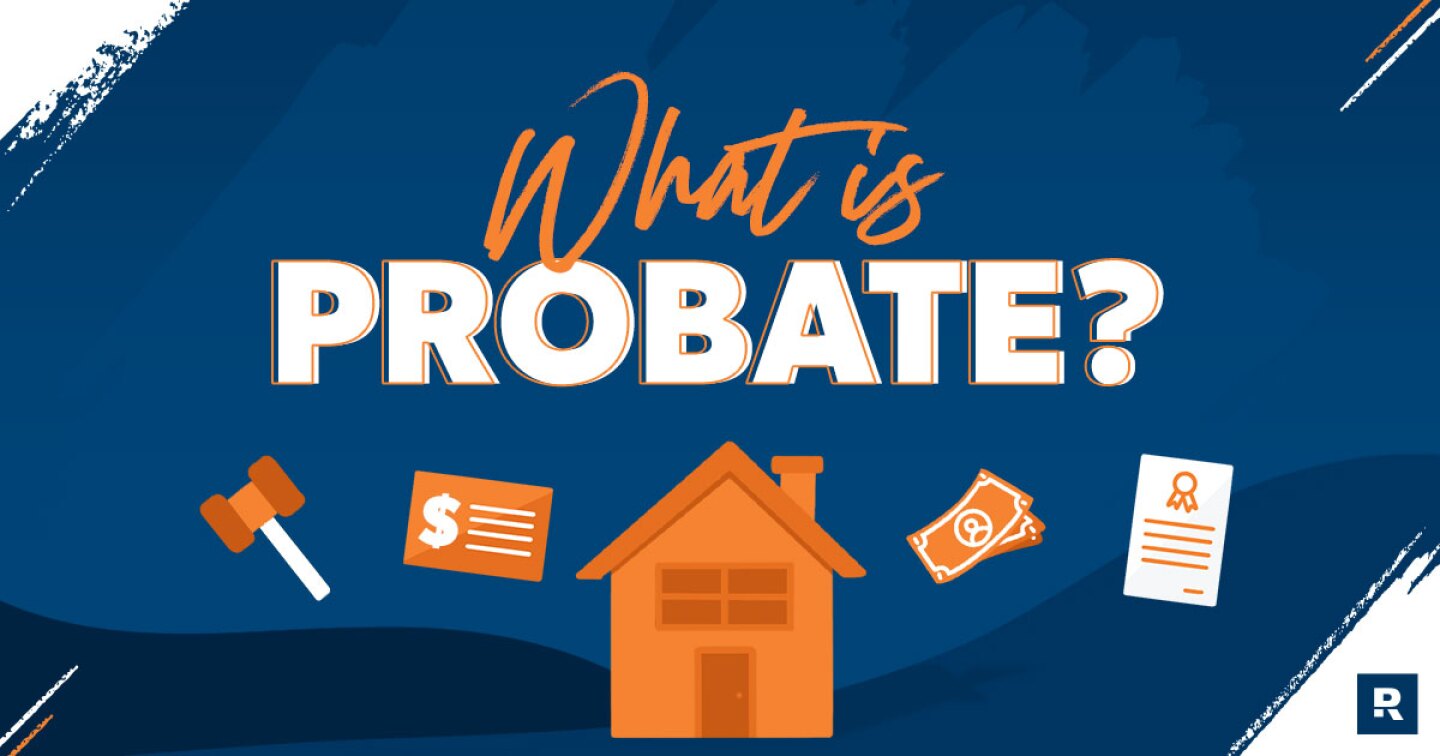It’s easy to create a plan to pass financial accounts directly to heirs before you die and avoid the probate process after death. All you have to do is complete a form from your financial institution for each account and name a beneficiary. But it’s trickier to pass real estate directly to heirs after you die as it often ends up in probate.
What Is Probate in Real Estate?
Probate is the court-supervised process of reviewing a deceased person’s assets and making sure they get distributed to their rightful heirs. The rightful heirs are the people or organizations the deceased named in their will.
If the deceased died without a will (intestate), state intestacy law determines who gets the property. For example, it might first go to the deceased’s surviving spouse. If there is no surviving spouse, it may then go to the deceased’s children and grandchildren; if there are no children and grandchildren, the deceased’s parents and/or siblings would usually be next in line.
If you haven’t arranged to avoid probate, your real estate will go through probate in the state where it’s located, even if it’s not your state of residence.
How Long Does Probate Take?
Probate can take anywhere from months to years. It depends on several factors such as:
- How complex your estate is
- What state you live in
- How well your personal representative handles their duties
- How busy the courts are
- Whether anyone contests the will
How to Avoid Probate
Many people want to save their heirs the time and money associated with probate. They want their heirs to receive their assets as quickly as possible and without having to pay probate fees.
They don’t see the point in involving the court in something they could handle themselves by planning ahead. They also don’t want their assets to become a matter of public record, which happens when assets pass through probate.
While probate has a bad reputation, the American Bar Association (ABA) states that “most probate proceedings are neither expensive nor prolonged, which is contrary to the claims of many vendors selling living trust and other products.” The ABA also notes that “in planning your estate, more important than minimizing probate is minimizing the real issues that can make probate difficult, such as lawsuits by heirs.”
You can make an informed decision about whether estate planning to keep your real property out of probate is worth it. Learn what the process and cost would be for probate, then compare it to the alternatives. If you do want to avoid probate, you have several options.
Revocable Living Trust
Assets held in a revocable living trust typically bypass probate. A revocable living trust allows you to transfer ownership of your real estate into the trust during your lifetime. If you change your mind while you’re still alive, you can take your home out of the trust.
To set up a revocable living trust, you’ll need to draw up legally valid trust documents. Then, you’ll need to change your home’s title. That means you’ll sign a property deed to take the home out of your name and put it into the trust’s name.
The trust will then own the home and the trustee (typically you) will take care of the home for your benefit. You can be the grantor or settlor (the person who creates the trust and gives property to it) as well as the beneficiary.
When you die, the trust becomes irrevocable—meaning the trust can no longer be modified—and the successor trustee takes over. The real estate that you’ve placed into the trust (or the income your real estate generates) then gets distributed to the trust’s beneficiaries, according to the terms of the trust. The successor trustee oversees these distributions and must follow the rules you’ve established in the trust documents.
Irrevocable Trust
You can also place real estate into an irrevocable trust to avoid probate. Because you’ll have little or no authority to change your mind once you put assets into an irrevocable trust, it’s a much weightier decision.
Irrevocable trusts are more popular among individuals who are wealthy enough to face estate and inheritance taxes. Placing real estate into an irrevocable trust avoids those taxes.
You’ll want to get professional guidance from estate planning attorneys and financial advisors to decide whether an irrevocable trust is right for you and draw up the appropriate documents.
Transfer-on-death Deed
A transfer-on-death (TOD) deed, or beneficiary deed, allows you to pass your real estate directly to another person when you die. It’s easier and less expensive to set up and maintain than a trust, and you can revoke it during your lifetime. However, a TOD deed for real estate won’t be suitable for everyone’s needs.
Whether you can set up a TOD deed for your real estate depends on what state the property is in (29 states and Washington D.C. allow it), what type of property you own and who you want to leave it to. For example, California allows TOD deeds for a home you use as your primary residence, but not other types of real estate.
You must follow your state’s requirements for signing the deed and filing it with the county land records office to make it legally binding.
Co-ownership
If the property has more than one owner and only one owner dies, the property may not have to go through probate. For example, if you and your spouse are both named as owners on the title to your home, the home may avoid probate.
How to Buy Probate Real Estate
Sometimes the executor of the estate will need to sell property as part of the probate process. For example, it may be necessary to liquidate the home to pay off creditors or to distribute assets equitably among heirs when the decedent didn’t have a will. The executor or administrator may sell the property through a public auction or private sale as allowed by state law.
Probate real estate can be appealing as an investment strategy if you can wait several months to close because the property may sell below its true value depending on how well it is marketed. That said, there are companies that specialize in helping executors sell probate properties for top dollar, so you’re not necessarily going to get a bargain.
If you’ve never bought probate property before, it’s a good idea to work with a real estate agent or real estate attorney who is well-versed in the process since it can be quite different from purchasing a seller-owned property.
For instance, you may need a larger earnest money deposit, and the probate court may have to approve your purchase offer. You may have to give other parties the opportunity to outbid you even if the estate executor or administrator accepts your private offer. Laws and customs vary by state.
How to Sell Probate Properties
To sell a probate property as an estate executor, you may first have to get the court’s permission. Be sure to consult an experienced probate attorney throughout the process.
Once you have the authority to proceed, you may want to hire a real estate agent experienced in probate sales to market the property and help you manage the process. Your probate attorney should be able to recommend a real estate agent with this type of experience.
Selling a probate property often has steps that an ordinary real estate sale does not. For example, you may need to:
- Hire an independent appraiser to determine the property’s market value (a step only the buyer would normally take)
- Sell the property for no less than a certain percentage of the appraised value (otherwise, the probate court may not approve the sale)
- Publish notice of the sale in a local newspaper for a certain number of consecutive weeks
The sale may be a relatively straightforward process if the court allows you to choose your preferred buyer. If the court requires you to auction the home off to the highest bidder, the process will involve more steps and require court approval.
Contact Chris Drusen for more information on the Probate Procees and when your ready to get your sold for the most money, his team will be here to assist you every step of the way.
We help to make this new transition as smooth as possible while looking out for our clients best interest.
Chris Drusen
Keller Williams Arizona Realty
949-337-8094




